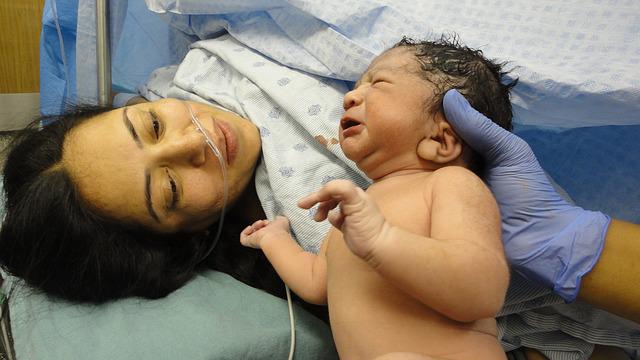If you have just found out that you and your partner are soon to be proud parents, congratulations are in order and you will both have many questions that need to be answered. From diet and exercise to birth methods, there are many issues you might have and with that in mind, here are some common pregnancy questions along with answers.
Q: How much weight should I gain during my pregnancy?
A: This varies from person to person, plus it depends on your weight at the time of conception; typically, a woman would gain 10-12.5kg and most of the extra weight would be gained after week 20. Some of the extra weight is the body of your baby and some is stored fat, which the body will require during the term.

Q: Will I suffer from sore breasts?
A: It is common for a woman to report sore nipples in the third trimester, which is due to changes in the body such as fluctuating hormone levels. Your breasts are preparing for motherhood and this can cause a dull ache as the mammary glands do their work and create rich milk. Double the normal blood supply reaches the breasts as a woman prepares for birth, which is necessary to enable breastfeeding. It is likely that you will have some discomfort in the breasts and your nipples might become sore.
Q: Should I take vitamin supplements?
A: The short answer is yes. While a balanced diet will provide your body with what you need, you should take a folic acid supplement. Doctors would recommend a daily A-Z vitamin & mineral supplement, as this contains everything you need and you cannot overdose on these substances.
Q: Should I exercise when pregnant? Many women mistakenly think they suddenly become very fragile when pregnant; this is simply not the case and you should continue any exercise routines that you are doing. If you aren’t an active person, we recommend enrolling in an exercise class for pregnant women and your partner can attend too.
Q: Should I enrol in an ante-natal class?
A: Another yes, as the classes will prepare you (and your partner) for the pregnancy and birth. Classes should begin when you have 10 weeks left of your term, with a weekly 2-hour session. Topics include diet, exercise, sleep, preparation for labour and discussing birth options. You will be educated about emotional issues and morning sickness, which is important.
Q: Will I need to get a breast pump?
A: Affirmative. There are two types of breast pumps; electric and manual; both are designed to replicate the sucking action of a baby and it depends on how much milk you want to express. Some women are fine with a manual pump, while others prefer the speed of an electric pump. Either way, you can order a unit online, which would be the cheapest price, plus they stock the best brands and will deliver to your door.
Q: Should I breastfeed?
A: Of course, this is purely a personal choice; doctors will tell you that there are no synthetic foods that match breastmilk for a newborn baby. Mother Nature has your back and mothers have been breastfeeding their babies since time began. That doesn’t mean babies raised on baby milk formula are any less healthy, it is a personal choice that every mum must make. Click here for more reading on breastfeeding.
Q: What is a birth plan?
A: This records your desires of how your labour should be handled; things like where you want to give birth and who is invited to be present in the labour room. In the event, there is an emergency and the doctor wishes to deliver the baby by C section, you need to agree to this in advance. Another aspect to decide on is pain relief management; other aspects that may become relevant would also be discussed.
Q: What is the best sleeping position when pregnant?
A: You might have to change your regular sleeping position; if you like to sleep on your back, you can carry on doing this through the first trimester, but as your baby grows and develops, you might find it more comfortable to sleep on your side. Once you reach the third trimester, sleeping on your side is safest for the baby; bending your knees in a side sleeping position takes the pressure off your back and this is probably less stressful for your baby. You can use pillows between your legs or under the back to provide some extra support, while bolster pillows placed behind you will also give added support.
There are lots of free resources online concerning dealing with pregnancy and if you download a mum app, this will bring you a wealth of information, while also connecting you with a large mum community.







